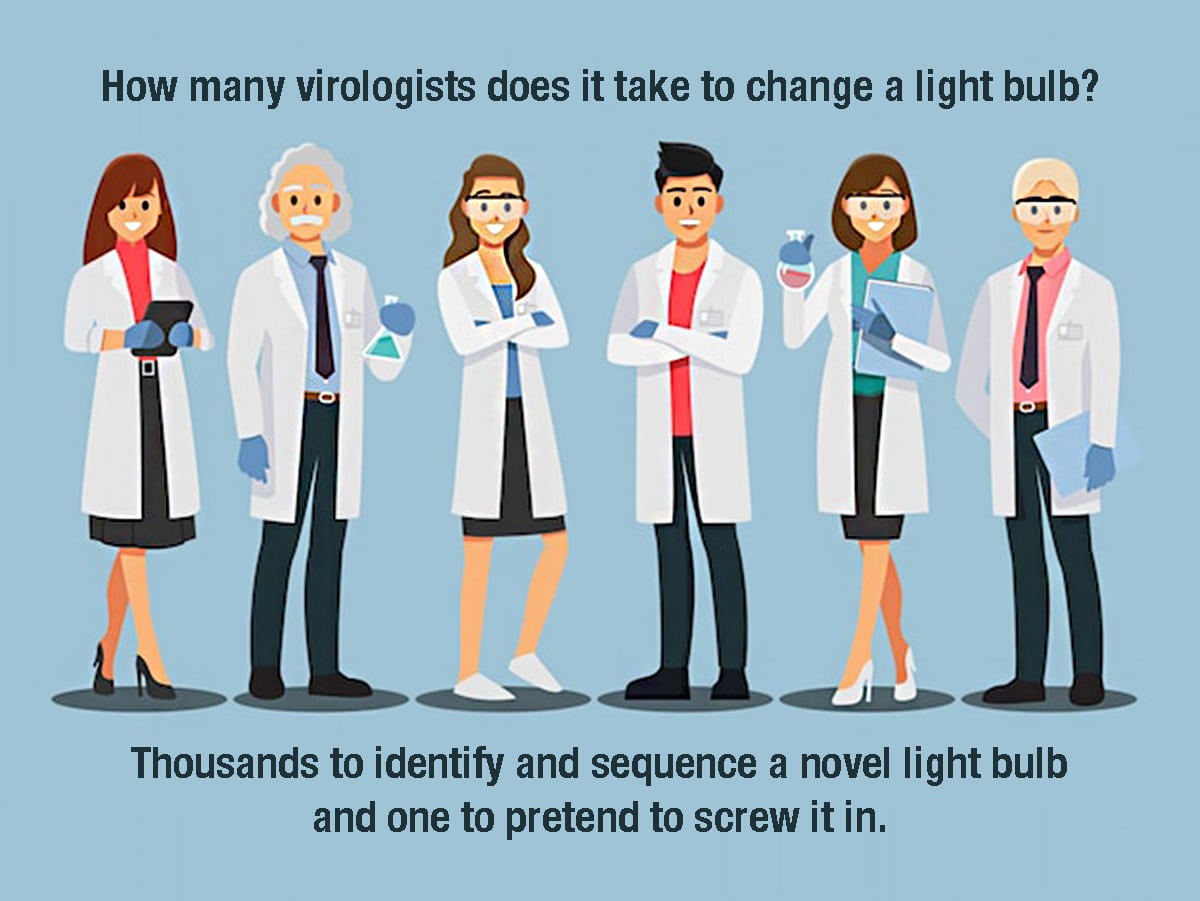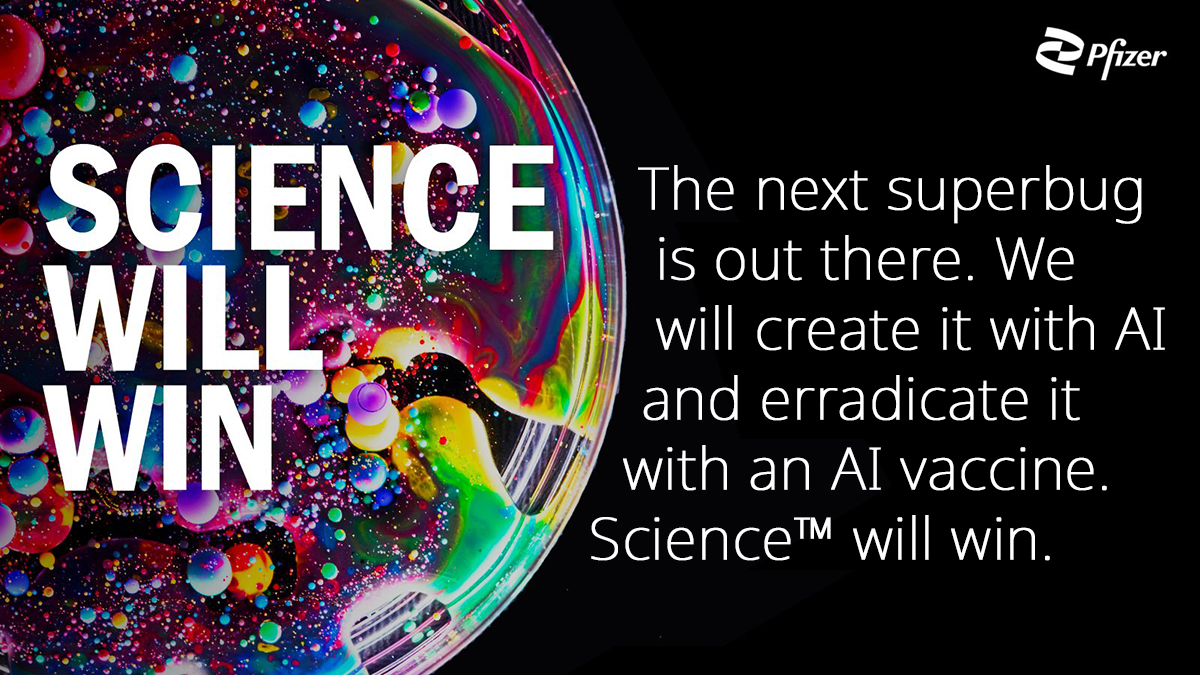
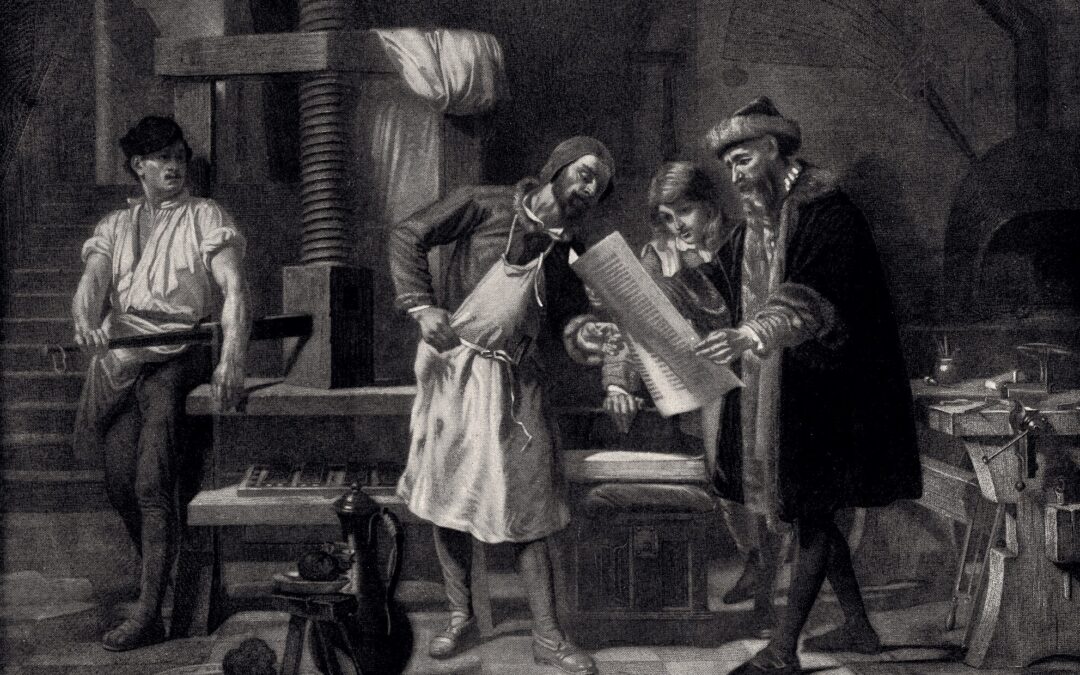
Journalists must be free to publish leaked documents
From the Pentagon Papers to Hunter Biden’s laptop, it’s a legitimate and necessary public service.
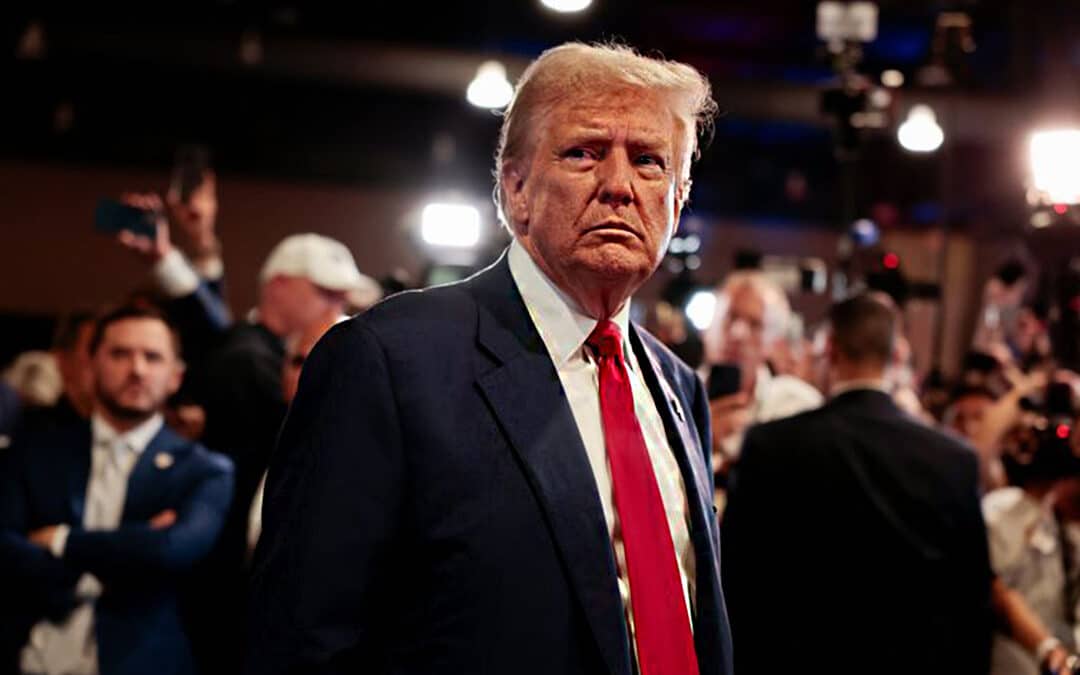
Fake news was invented 500 years ago
The parallels between the present day and the witchcraft accounts that flew off the printing presses of 16th-century Europe are all too clear. Today, the hunt has shifted to groups used as scapegoats for the economic deprivation and other ills that blight our societies.
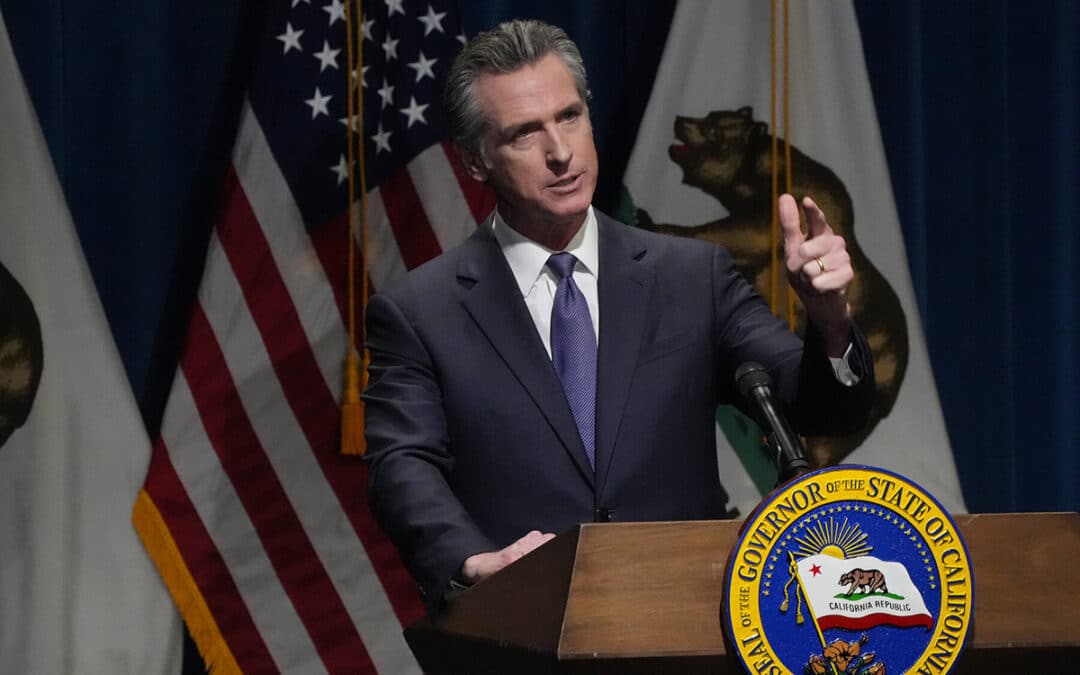
California Sued Over New “Deepfake” Law
Public officials and public figures are subject to the higher standard of defamation (New York Times v. Sullivan.) However, it is not clear that it will suffice for a law with potential criminal liability and a law with sweeping limits on political speech.
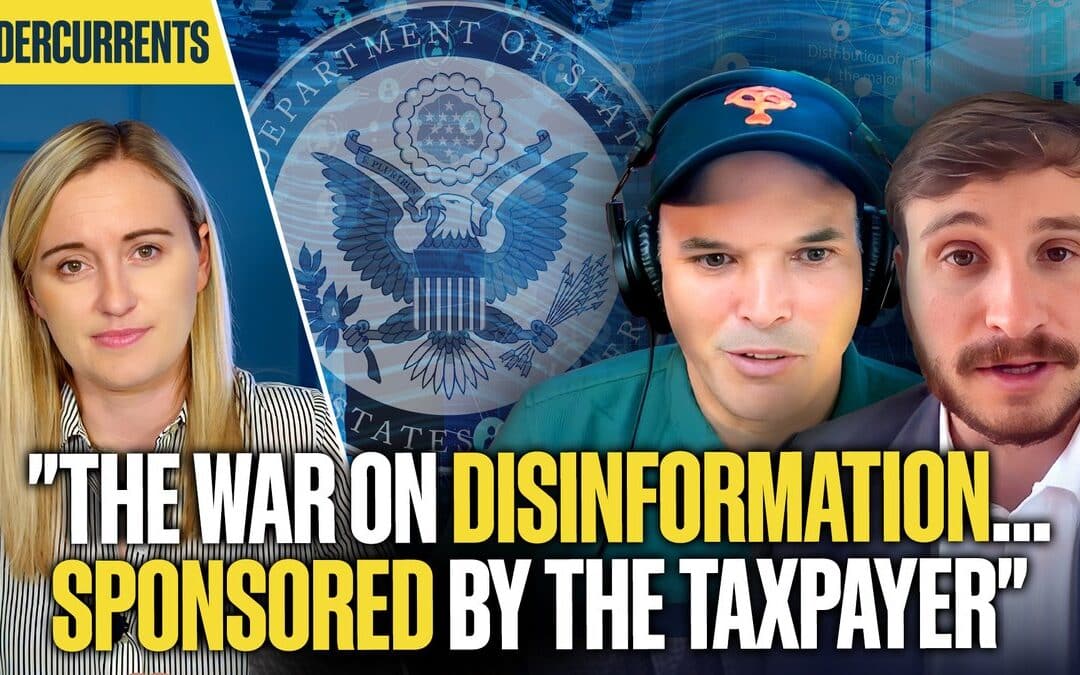
On State Department Censorship and Blacklisting
The GEC memo matters because it shows the State Department’s efforts to tie domestic critics to foreign influence, its extraordinary willingness/eagerness to lie even about basic things, and its desperation to conceal almost everything about its work from voters and Congress alike.
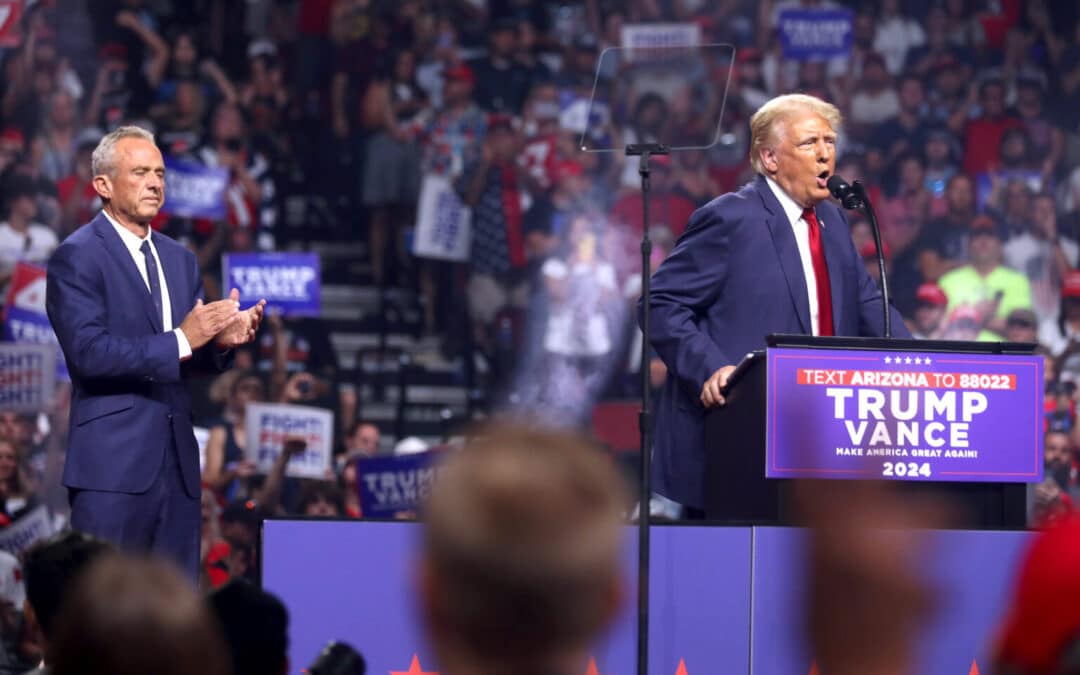
‘Russian Interference’ 3.0
Before breaking down the latest round of “election interference” accusations, let’s look at what Russia’s “sinister” actions amounted to in 2016 and 2020.
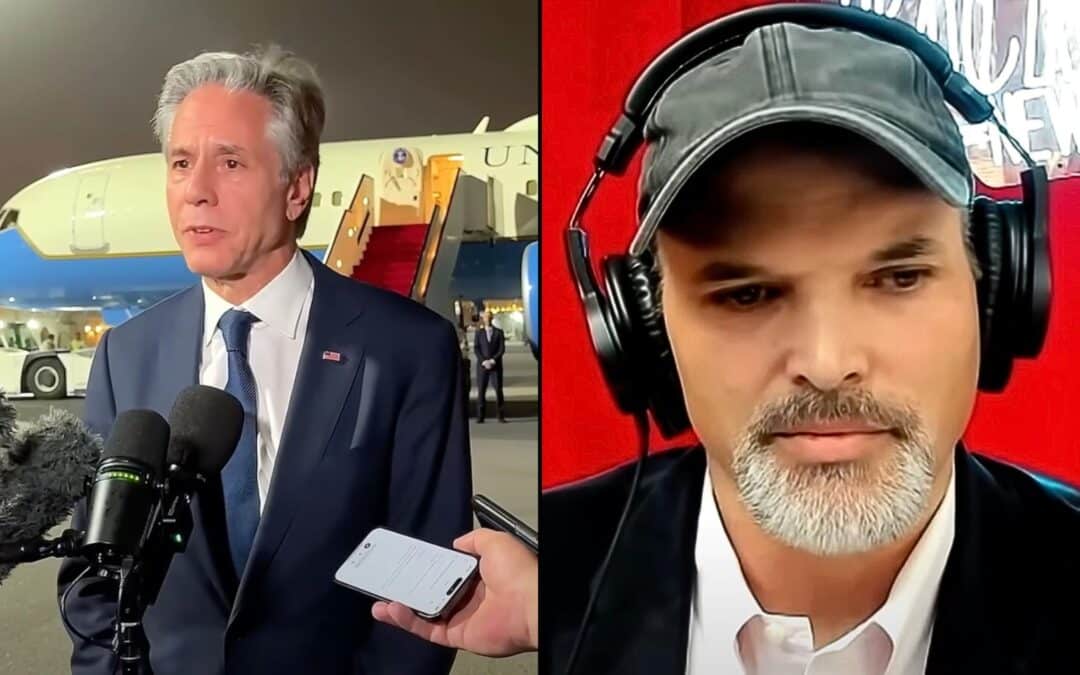
State Department’s Smear Tactics: Discrediting Reporters
So what’s the response when two reputable reporters pull back the curtain on what looks suspiciously like a control mechanism for media narratives? Simple: You accuse them of spreading “misinformation.”
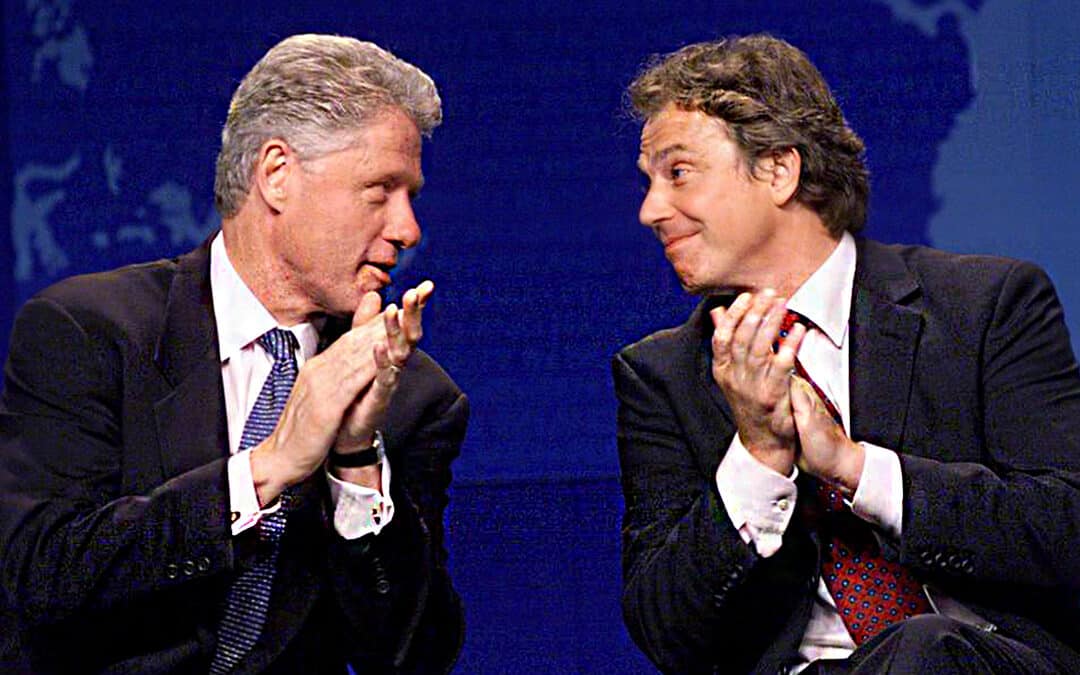
The Blair Witch Project: Tony Blair Calls for Global Censorship
Former British Prime Minister Tony Blair, who has long been the smiling face of censorship. As the head of the Labour Party, Blair pushed through some of the early crackdowns on free speech in the United Kingdom.
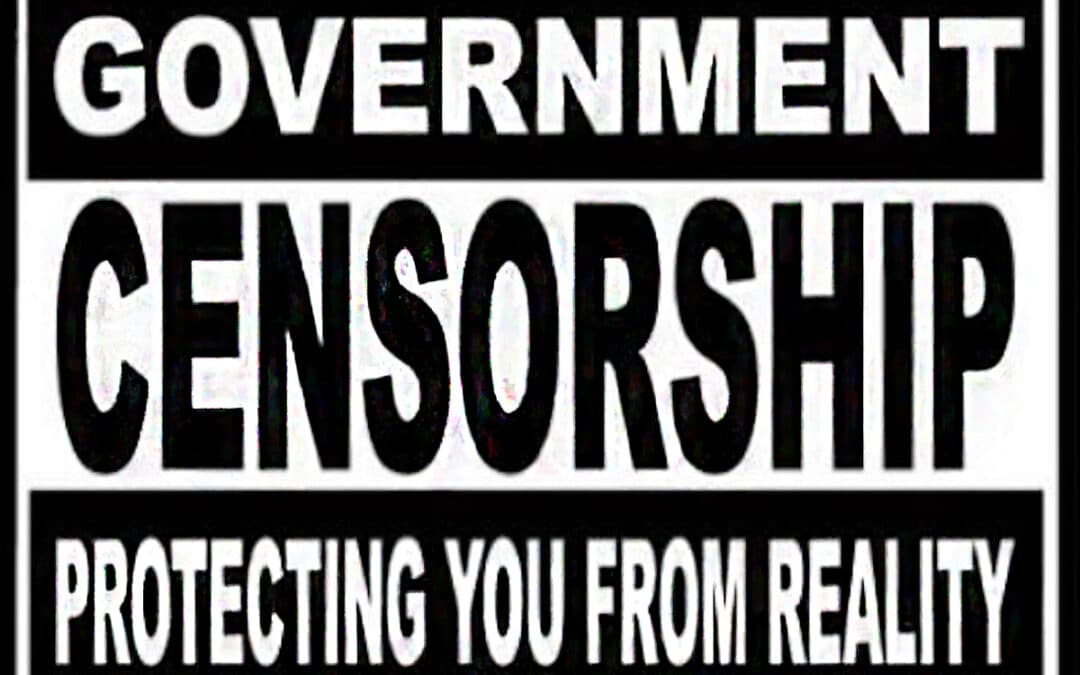
Elon Musk, Mark Zuckerberg, and our Government Censors
What are the chances that a President Kamala Harris would resist pressuring social media companies into censorship? Based on her record: Not great.
